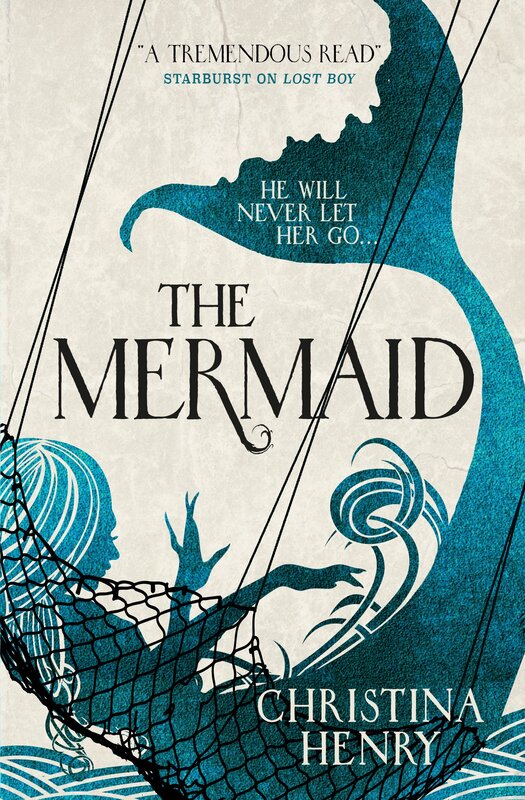Anyone who’s watched The Greatest Showman will know the name, but in The Mermaid, Barnum is the villain of the piece. He’s a money-grabbing conman who wants to wring every penny out of Amelia he can get, and the push and pull between his desire to exploit Amelia and her determination to perform on her own terms forms the bulk of the drama. The toxic relationship Henry builds up between the two is compelling, and kept me intrigued to see how it developed.
While Amelia is a victim, she’s anything but helpless, and shows strength in asserting her own agency. It’s not hard to feel sympathy for her, still struggling with the death of her husband as she moves to strange and unfamiliar surroundings – New York City in the 1840s – to perform in front of thousands. Fortunately, she has allies in Barnum’s long-suffering assistant, Levi, and his wife, Charity, who he cruelly mistreats.
Henry adopts a fairy-tale tone for the story that works nicely. Her writing is very readable, and she has a talent for description, in particular the scenes where Amelia is swimming through the water in mermaid form, which were vivid and memorable. While I enjoyed the book, I thought there could have been more tension, since at points the action became repetitive. I also thought the book fizzled out rather than drawing to a climax, and didn’t have a very satisfying ending. I got the sense that Henry’s strength was fantasy, and that historical writing was somewhat out of her comfort zone.
Despite this, I would recommend the book to anyone interested in fairy tales or history. P.T. Barnum really did have a mermaid in his museum, though it was a hoax rather than a real one (the famous Feejee mermaid, a monkey’s torso sewed to the back end of a fish). Henry includes this in the novel, as well as other details that bring the setting and time period to life. She tells Amelia’s story with a note of melancholy, highlighting her loneliness and disconnection from the human world. Though flawed, I will nevertheless be looking out for more Christina Henry books in the future.
Review by Charlie Alcock

 RSS Feed
RSS Feed
